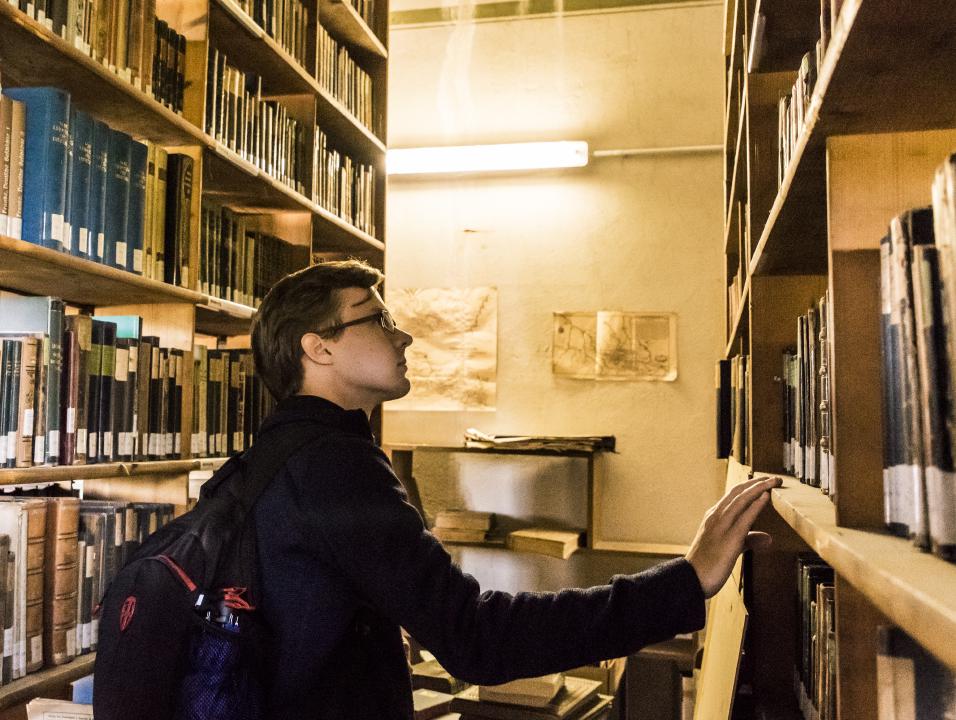
This page features the most essential and valuable writings to me personally. Hence this page doesn’t constitute my entire library but rather serves as an introduction to it, as well as simultaneously introducing myself. Direct links to all of the writings are provided for reference - like a real library, as well as my own short introductions.
Please be aware that this page is international and contains links to literature in many different languages, all languages I speak and in translations I prefer - for one reason or another.
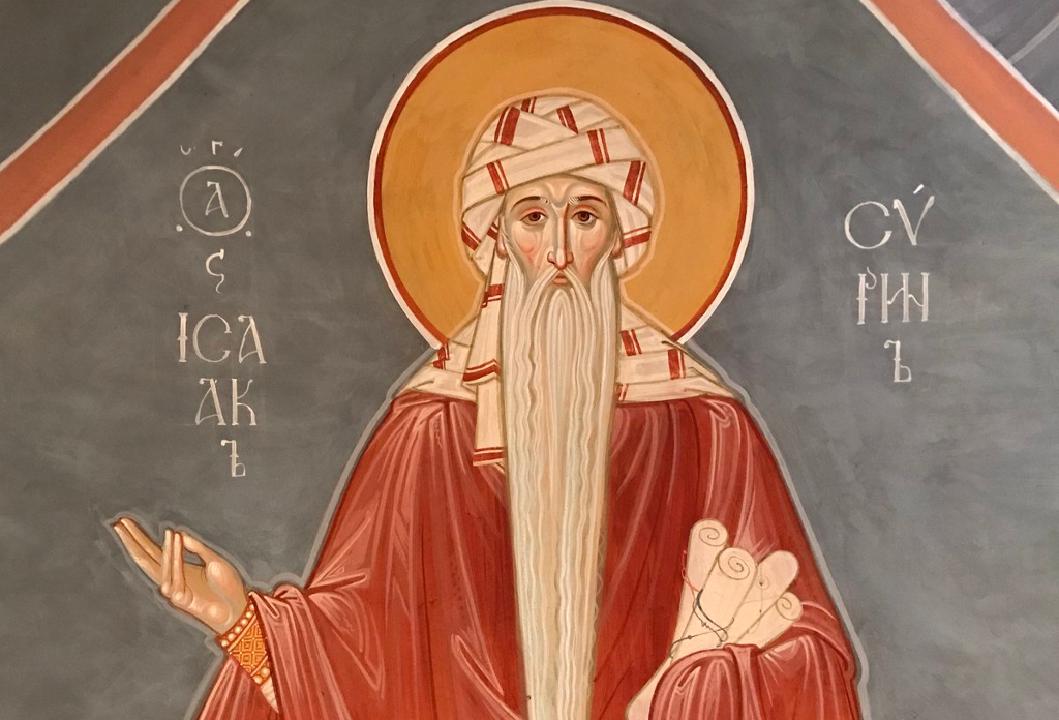
Absolutely timeless reflections have been written by Isaak Sirin (Isaac of Nineveh) (преподобный Исаак Сирин Ниневийский), which serve as a breathtaking introduction into the mysticism of Eastern Christianity. In his writings he teaches us to look at the world as a school and learn to have admiration even for the tiniest details of our everyday lives. Hereby the first edition of the Mystic Treatises (Слова подвижнические) by Isaac of Nineveh:
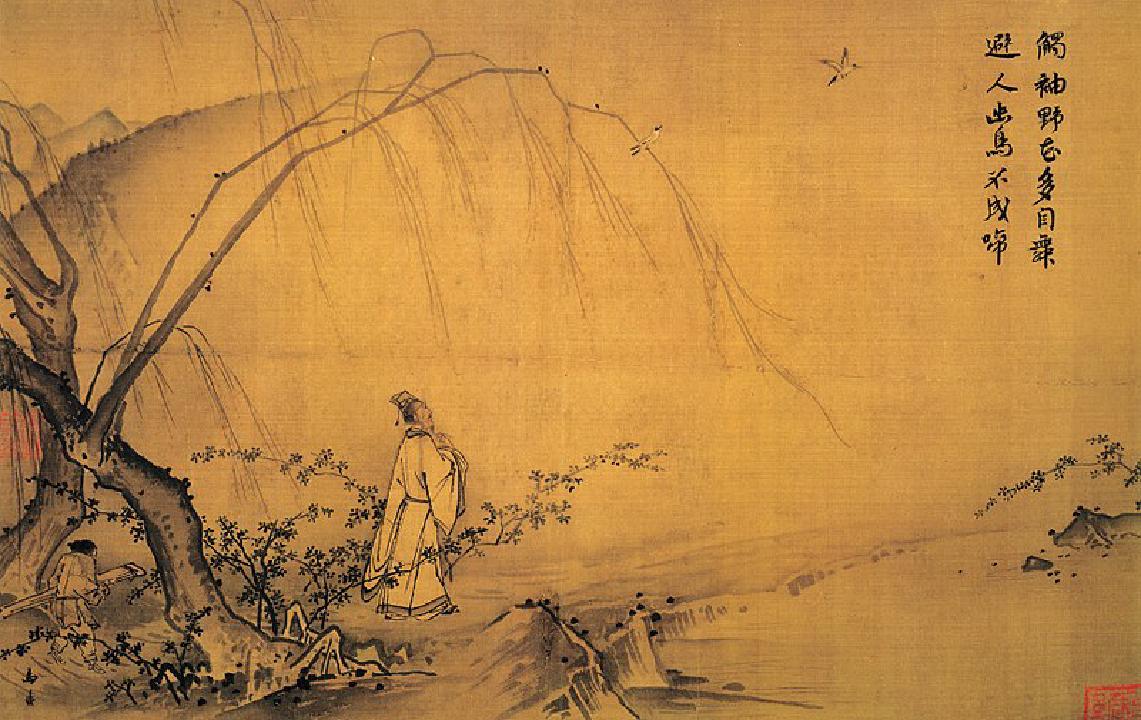
Introducing Taosim is an almost impossible task (just read the first chapter of Tao te Ching and you will see why). All of the Taoist texts bellow are attempts at translating the untranslatable Traditional Chinese language. These texts greatly shaped my own philosophy and approach to life, like for example my way of teaching music (“teaching without talking”1). The translation of the most famous Taoist Writing, Tao te Ching, which I prefer, is the German translation by Richard Wilhelm.
An old Chinese text, dealing with the functioning of the human soul and eternal life, which, when coupled with the Christian teachings of the Eastern Orthodox Church, becomes quite easy to understand. The translator, who is also Richard Wilhelm, didn’t exclude the possibility, that the original Chinese author of the following text was indeed influenced by early Christianity 2.
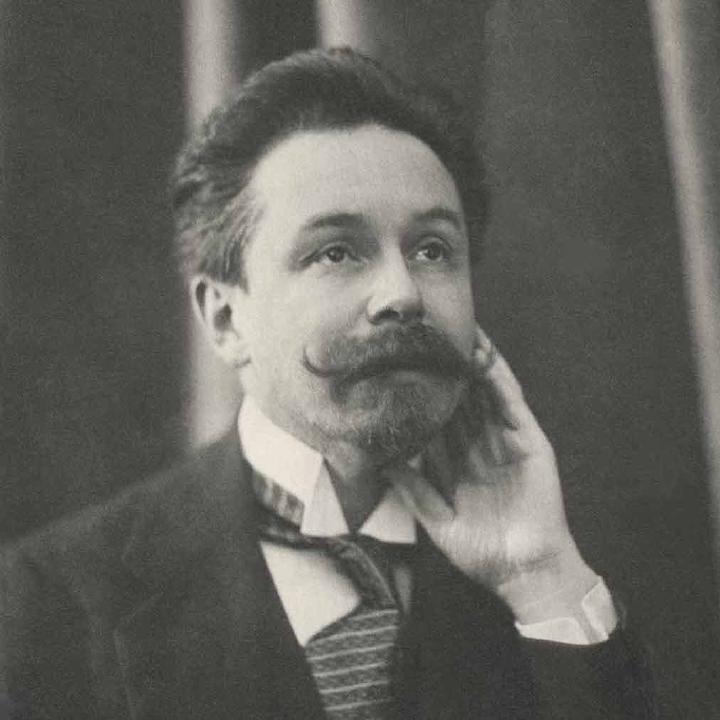
The following book by Leonid Sabaneev (Reminiscences of Scriabin) directly sparked my interest towards the composer Alexander Scriabin. A speciality of this book is that it is not a tedious biography but rather is a very entertaining read. This book was even one of the reasons I founded the Scriabin Club, a place for conversations about Art and Life. Here I am including it in the Russian language:
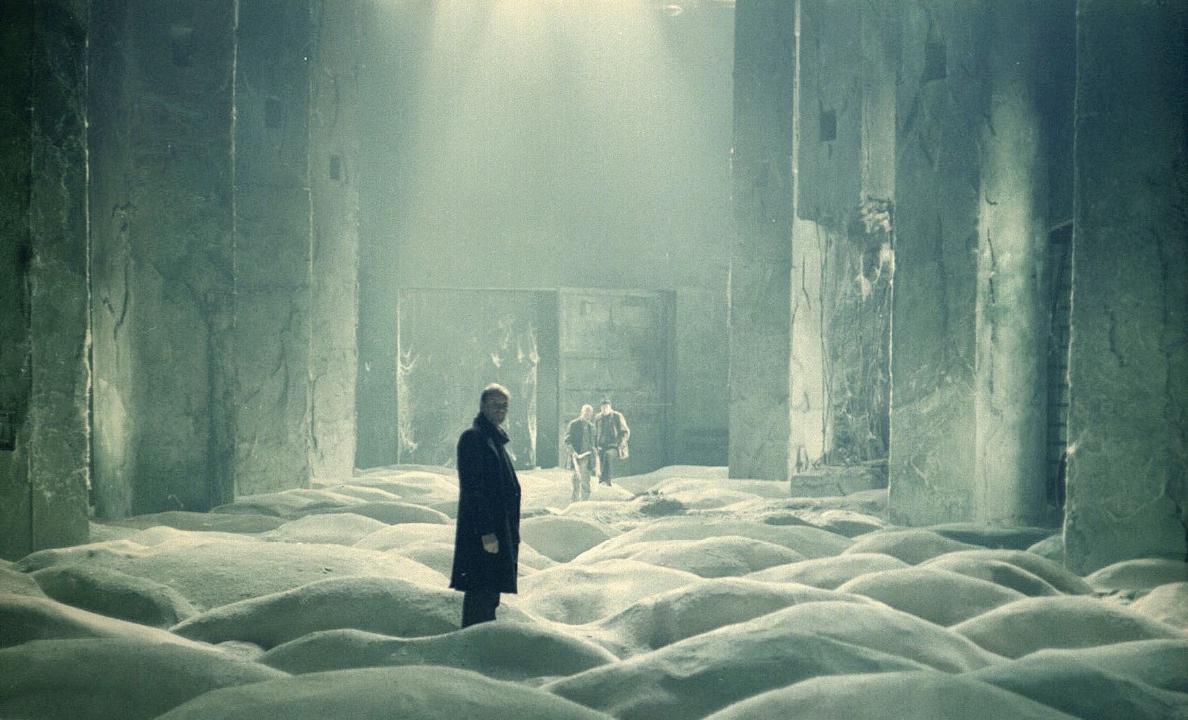
For any person interested in Art I can highly recommend Sculpting in Time by the famous movie director Andrey Tarkovsky, here included both in Russian as well as in English. His views on art, its connection to spirituality and religion, its role in society and some of the dangerous tendencies of modernism are an important eye opener for all people even remotely interested in Arts. I might as well add in the same breath that my favourite movie of all time is his 1979 movie Stalker (Сталкер).
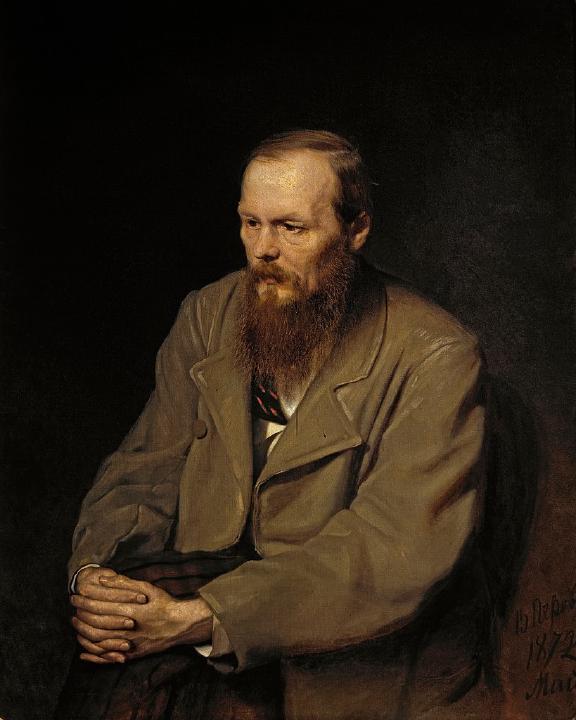
If asked what my favourite books of the fiction genre is, I would answer it is The Brothers Karamazov by Fyodor Dostoevsky. To introduce it in a short paragraph isn’t possible, but in short: This book has everything. Even characterizing it as fiction wouldn’t do it fully justice, because in its own way it exposes the reality of human behaviour and humans’ tormented souls that desperately require meaning, simultaneously with surgical precision and unmatched elegance, especially in its original language. For me personally it has been of very great influence in my own journey towards a more meaningful existence. Believe it or not, Dostoevsky even references Isaak Sirin3.
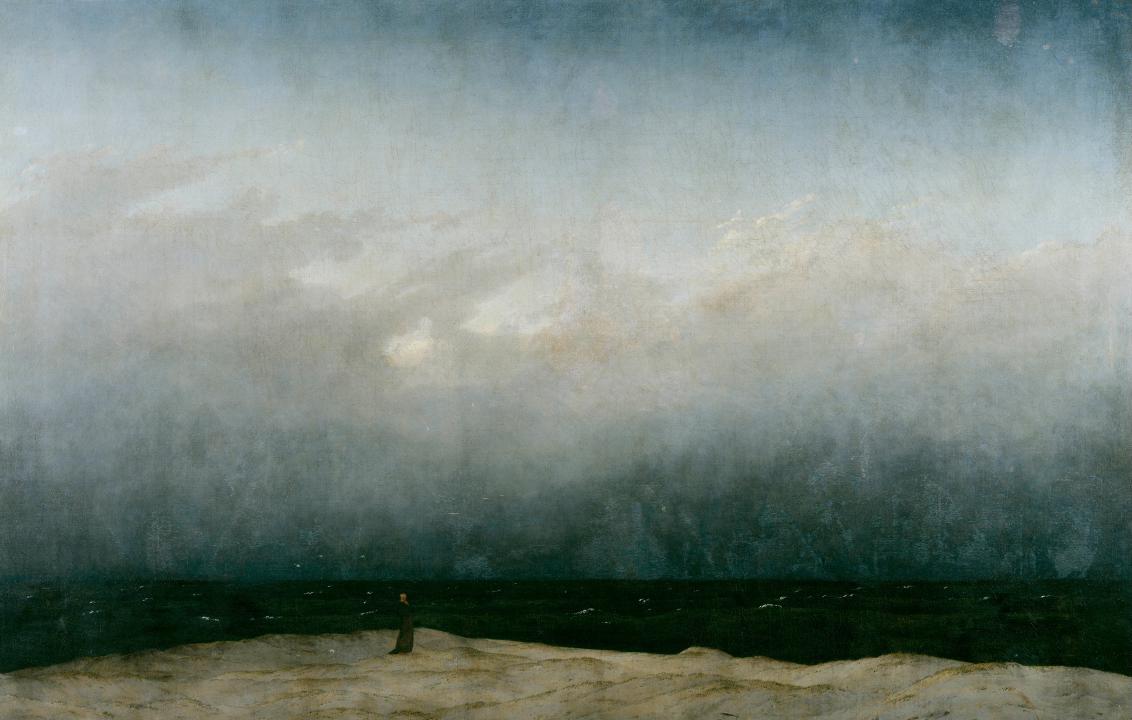
One of my favourite German writers from the period of the Sturm und Drang is Friedrich Schiller. In my eyes he has a deeper intuition for human psychology, masterfully incorporated in a subliminal way and transcending the cultural clichés of his time. His works have an Shakespearean element, and in their dramaturgy sometimes feel very “Russian”: Unsurprisingly in his Brothers Karamazov Dostoevsky often hints to Schiller’s The robbers (Die Räuber).
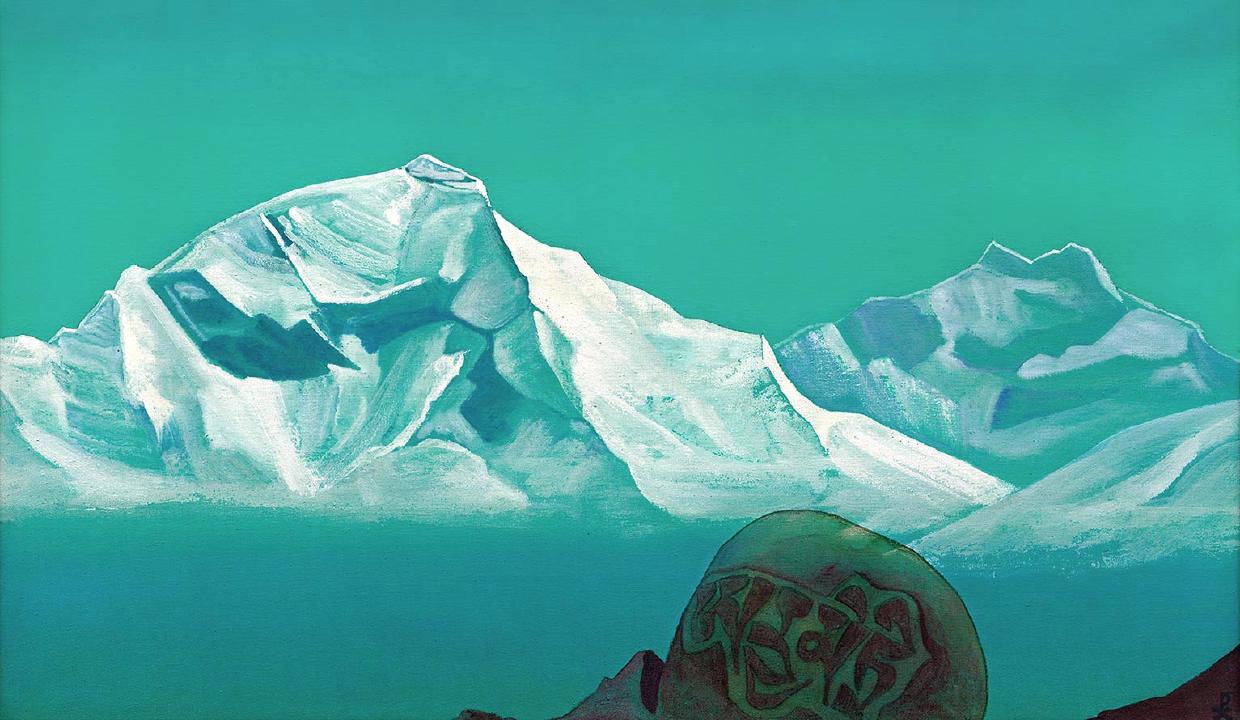
A less philosophically demanding, but definitely no less captivating read, are most of HP Lovercraft’s works. After the inclusion of all the above literature, their place on this list might seem surprising. However, next to understanding life, books sometimes can also be used for entertainment, and this definitely entertainment of highest quality, while also highlighting the beauties of the English language. The picture from up above is from Nicholas Roerich (Road to Kailas, 1933), whose paintings Lovecraft also references in my favourite novel of his - At the Mountains of Madness4.
Laotse. Tao te King. Translated by R. Wilhelm, 42, 86. Jena: Eugen Diederichs, 1911. ↩︎
Geheimnis der Goldenen Blüte. Translated by R.Wilhelm, 73. München: Diederichs, 1994. ↩︎
S. Salvestroni. Dostoevskij e la Bibbia (рус. пер.: Библейские и святоотеческие источники романов Достоевского. СПб., 2001). Biella, 2000 . ↩︎
Lovecraft, The Complete Works of H.P. Lovecraft (https://arkhamarchivist.com/free-complete-lovecraft-ebook-nook-kindle/), PDF, 512, 517, 526, 532, 533, 570. ↩︎